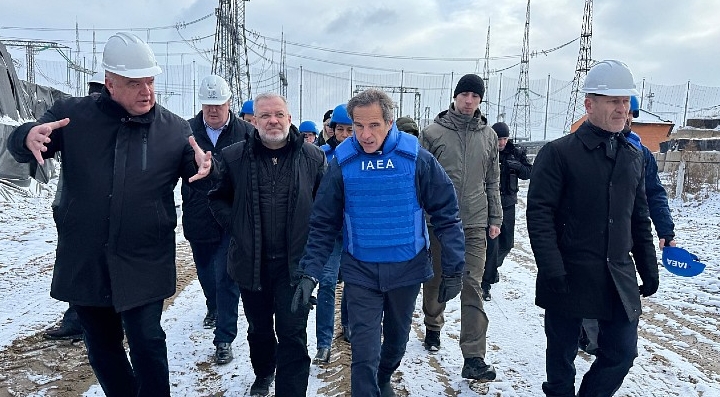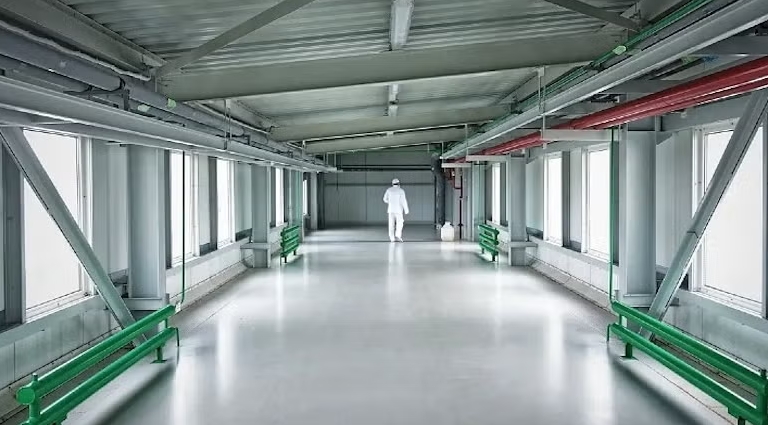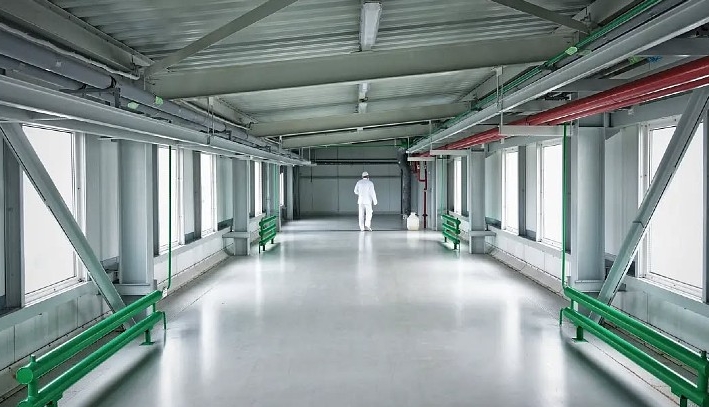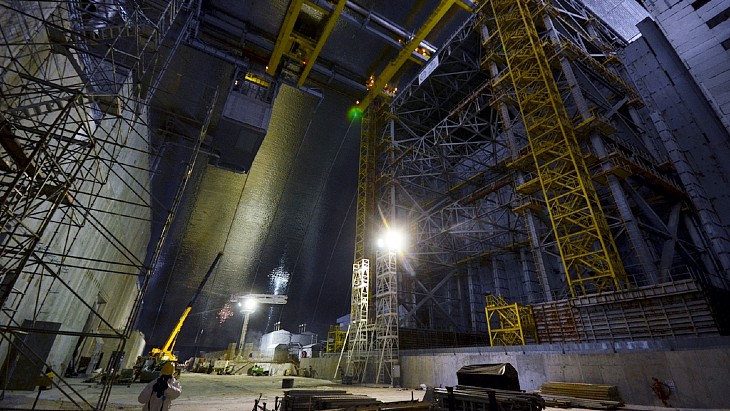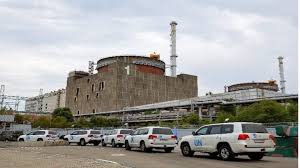US-based GE Steam Power announced that it has been selected by Ukraine’s AtomRemontServis for its first Multi-Year Agreement in Ukraine on the Khmelnitsky and Rovno NPPs. Under the agreement, GE Steam Power will provide maintenance services on the power plants’ four generators over the next three years to help ensure reliable operations at the two sites.
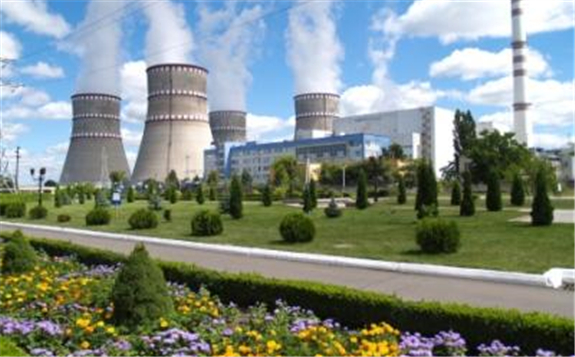
AtomRemontServis is a subsidiary of nuclear utility Energoatom, the owner and operator of all Ukraine’s nuclear plants in which account for nearly half of total energy supply. “AtomRemontServis is committed to delivering reliable nuclear power for Ukraine in support of the country’s clean energy goals,” said Vitaliy Shikun, director of AtomRemontServis. “We look forward to working with GE as our service partner on the generators at Khmelnitsky and Rovno nuclear power plants. We count on them to help us achieve long-term, high performance operations.”
“GE Steam Power’s global expertise combined with our regional presence as a services team gives us the ability to support customers like AtomRemontServis where and how they need us. Through this new service agreement, we are expanding our long-term nuclear service capabilities into Ukraine,” said Paul Wise, Europe Region General Manager for GE Steam Power.
GE steam turbine technology operates in 50 percent of the world’s nuclear power plants. This includes GE’s Arabelle steam turbine which represents six decades of nuclear steam turbine expertise and is the most powerful turbine in the world in terms of output.
The same day, Energoatom received €100 million ($116.5m) from the European Atomic Energy Community (Euratom) for the implementation of the Comprehensive (Consolidated) Safety Improvement Programme (CPSP) for Ukrainian NPPs, approved by a government decision in 2011. This is the third tranche under a loan agreement concluded with Euratom in 2013 and ratified by the Verkhovna Rada (parliament) in 2014.
A €300 million loan agreement for this comprehensive programme came into force at the end of May 2015. Together with a European Bank for Reconstruction and Development (EBRD) loan, which entered into force in December 2014, the European loans total €600 million.
Energoatom said the CPSP, which is a priority, was developed by Energoatom based on stress tests carried out at Ukrainian plants after the Fukushima accident, It sets the scope of measures to be implemented at all nuclear units to bring their safety level to international standards. The cost of the CPSP is covered by the tariff Energoatom receives from the sale of electricity generated by nuclear plants and the EBRD and Euratom loans.
The loans were conditional, among other things, on ensuring the independence of the State Nuclear Regulatory Inspectorate. This requirement was finally met in May when the Verkhovna Rada adopted legislation amending certain laws concerning the safety of the use of nuclear energy, re-establishing the independence of the regulator, which had become closely tied to Energoatom following the political changes in Ukraine in 2014. Because of this disbursement of the loans had been suspended.
Energoatom is the operator of four nuclear plants in Ukraine (Zaporozhye, Rovno, South-Ukraine and Khmelnitsky), which comprise 15 nuclear reactors. Thirteen are VVER-1000s and two are VVER-440s, and they have a total installed capacity of 13.8MWe. Energoatom said on 24 July that only 10 of the 15 units were operating. Units 4&5 at Zaporozhye and unit 2 at South Ukraine wre closed for repair, while Zaporozhye 1 and Rovno 3 had been put on standby. Zaporozhye 3 was operating at a reduced rate.

